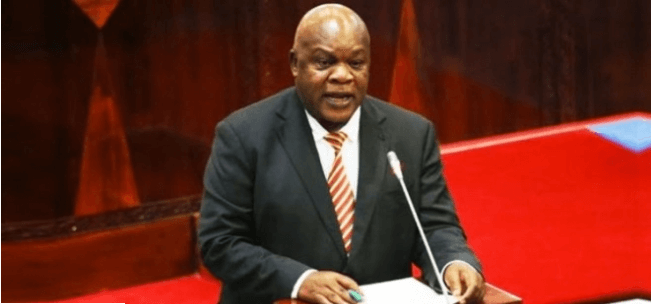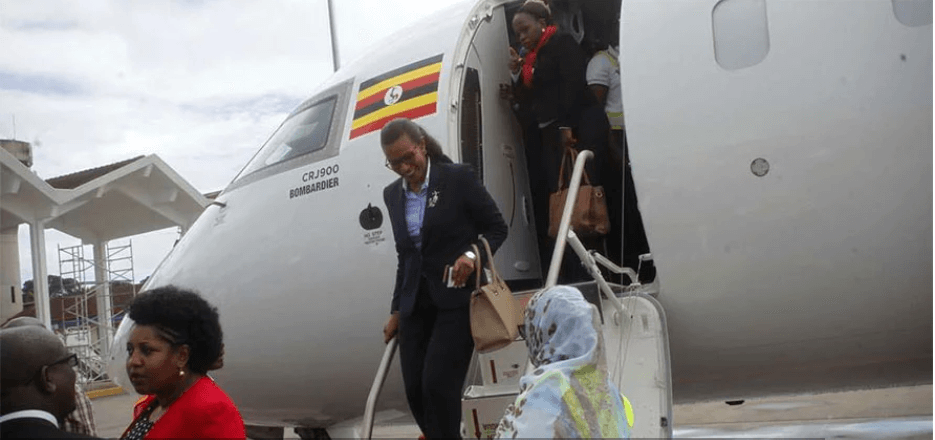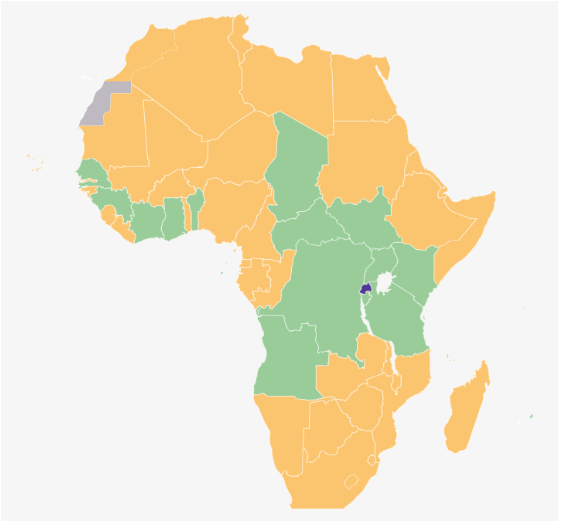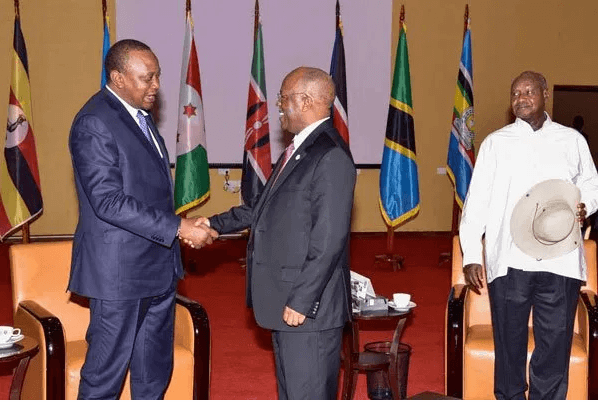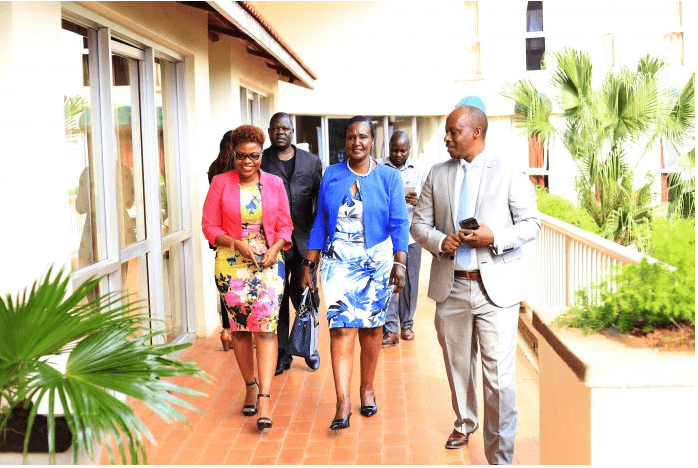Katuna, a boomtown in Kabale District at the parallels of Uganda and Rwanda, is haunted by a spectre of violence. Since Rwanda closed the border, the kindred spirit that once prevailed among these communities was shattered. Today, suspicion remains rife on both sides of the border. Any slight straying into Rwanda, even within inches, has dire consequences for nationals from either side. As the conflict between Kigali and Kampala continues to fester, residents are now governed under the barrel of the gun. The canopies of knitted tree branches dotting the hills, a spitting distance across the border, give marksmen a cover to target those who attempt to cross on either side. In the place of hope lies fear. Commerce that once thrived at the border has been disrupted. The bond that prevailed among closely-knit families that live on either side has also been tested. Rwanda initially said it had closed the Gatuna border as a result of repairs it planned to implement on sections of its border road that connects Katuna to Kigali. But in a veiled message, the Kigali establishment accused Uganda of detaining its citizens incommunicado and lending support to subversive elements bent on sowing seeds of mayhem in Rwanda, allegations Uganda has rejected. Ugandans and other nationalities are allowed to cross from either side at will. Rwandans are only allowed to enter their country but not to get out. Only Rwandan truck drivers are allowed to exit if transiting to Kenya, but not Uganda. Specifically, Ugandan goods...
Will Uganda-Rwanda meeting diffuse border crisis?
Posted on: November 15, 2019
Posted on: November 15, 2019


